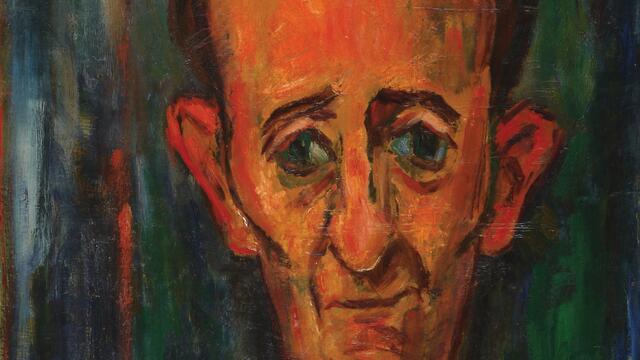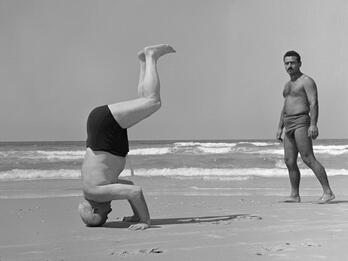Holocaust and Post-Holocaust Fiction and Poetry
Jewish literature developed individual rather than collective voices, as postwar Jewish identity was transformed by the forces of modernism and assimilation.

The period from 1939 to 1973 proved a watershed in Jewish fiction and poetry, especially in Israel and the United States. For decades, Hebrew literature had played a double role, as a literature that sought equal status among other national literatures and as a surrogate for the entire Zionist project. With the establishment of the State of Israel, Hebrew writers stood at a crossroads. A state could take over many of the functions that had been the burden of Hebrew writers. The previously dominant collective “we” of an older generation of Hebrew writers, who captured the exalted and somber mood of the ferocious struggle for independence, was joined by a quieter “I” of younger writers, who wrote in softer registers and who sought out a realm of private choices and individual sensibilities.
During these years, American Jewish writing came into its own when Jews stopped being regarded as immigrant or provincial writers and joined the American mainstream. Indeed, Jewish critics and writers not only joined that mainstream but also helped to define it, as the “Jew,” the emblematic outsider, became the consummate insider endowed with a superior understanding of the complexities of modern life.
Writing on Franz Kafka in 1968, the literary critic Robert Alter argued: “He could envision the ultimate ambiguities of human life in general with a hyperlucidity because he had experienced them in poignant particularity as a Jew. Out of the stuff of a Jewish experience which he himself thought of as marginal, he was able to create fiction at once universal and hauntingly Jewish.”1
In a changing society where old elites no longer policed who belonged and who didn’t, what had been marginal became a new normal. Jewish writers created characters—Shirley Abramowitz’s “loudest voice,” Augie March’s brash, self-assured Chicago street talk, Portnoy’s shocking sexual ruminations, and Herzog’s unending stream of letters—who moved to the center of an American literature that included Jewish writers as never before.
Women writers also achieved growing prominence in these years, as did, in the 1960s, an urgent recognition of issues of gender, voiced by Jewish women: poets, essayists, novelists, and witnesses. The memoirs of Puah Rakovsky (1942) offer a rare and frank glimpse into the problems faced by independent young women in traditional Jewish society as well as a pointed critique of pervasive sexism in Zionist Palestine. Hebrew-language writing by women reflected a multifaceted literary exploration of the inner world of women, of their efforts to adapt to, or rebel against, a male-dominated society. In postwar America, Jewish feminism found its voice.
Notes
Robert Alter, “Jewish Dreams and Nightmares,” from After the Tradition: Essays on Modern Jewish Writing (New York: Dutton, 1969), 34.


